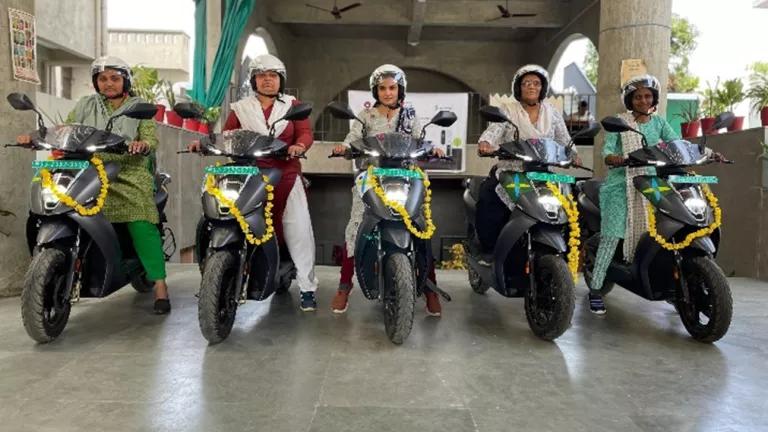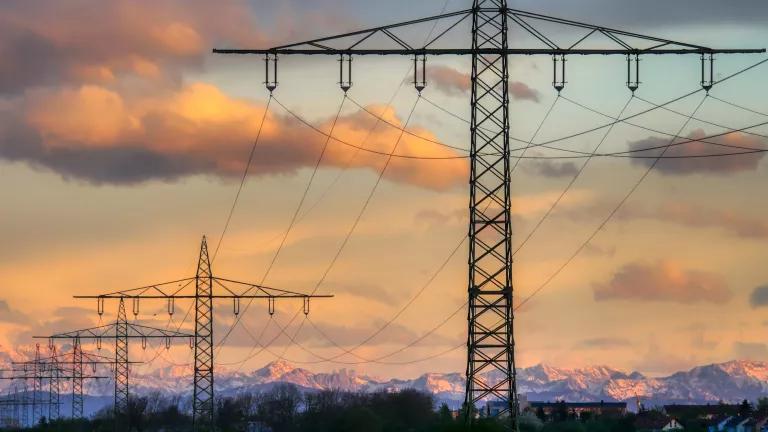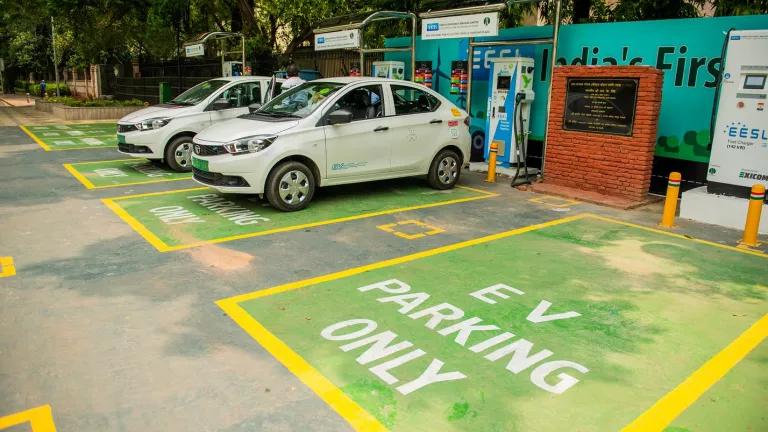Electric Three-Wheelers Charge ahead in Telangana
E-rickshaws are gaining traction in India thanks to their use in last-mile connectivity.
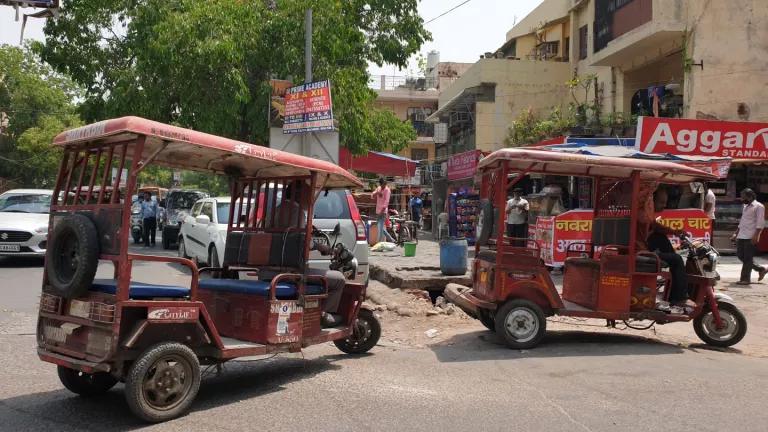
Electric three-wheelers are gaining traction in India thanks to their use in last-mile connectivity. Delhi Metro Rail Corporation recently flagged off e-rickshaw services, operated by Hyderabad-based electric mobility and service-provider company ETO Motors, to provide last-mile connectivity for commuters through electric three-wheelers. This is in addition to recent announcements by Amazon India and Walmart’s Flipkart to deploy electric three wheelers across the country.
Telangana is leading the way in working with stakeholders to advance electric mobility in India and formally approved its EV Policy in October 2020. A technical committee (part of the state-level EV Steering Committee) recently met in Hyderabad to discuss including provisions to the existing building codes and government regulations to set up charging infrastructure in buildings in Telangana.
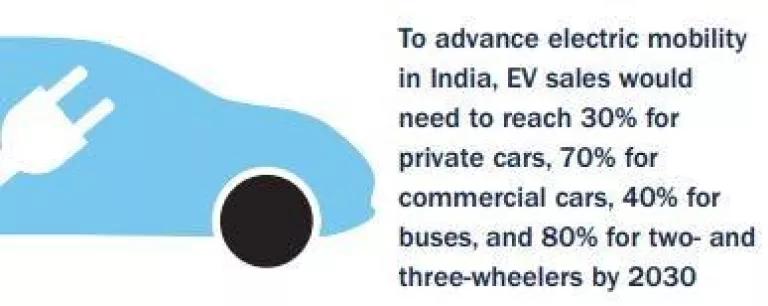
Electric mobility in India has been dominated by two- and three-wheelers for the past decade.
Auto rickshaws (three-wheelers) are a common form of urban transport for hire and private use in developing countries and play an important role in urban mobility in most Indian cities. Three-wheelers have traditionally been the last-mile mobility solution for transporting people and goods. India is the biggest producer, user, and exporter of auto-rickshaws. In FY2020, India’s internal combustion engine (ICE) three-wheeler market was valued at $636.57 million.
However, ICE auto-rickshaws have been seen as significant contributors to urban air pollution and traffic congestion. Thus, most Indian cities including Hyderabad, have strictly regulated and rationed the number of autorickshaws through a permit system. Over the last two decades, the state government issued several orders restricting the number of three-wheeled contract carriages operating in the Greater Hyderabad Municipal Corporation area. Therefore, as cities and states are looking to deploy more EVs, there is tremendous potential to retrofit existing ICE three-wheelers instead of deploying new electric three-wheelers.
Electric rickshaws and autos are quieter, faster, cleaner, and cheaper to maintain than traditional ICE rickshaws. In 2018, India was home to about 1.5 million battery-powered, three-wheeled rickshaws. As many as 11,000 new electric rickshaws hit the streets every month. The Indian electric rickshaw market is projected to reach 935.5 thousand units by 2024. Additionally, analysis shows that both electric rickshaws and autos have lower total cost of ownership compared to the corresponding ICE vehicles running on CNG, petrol, and diesel.
The total number of vehicles registered in Telangana in March 2020 was 12,926,216, of which around 435,507 were auto-rickshaws. The state recently approved its Telangana Electric Vehicle & Energy Storage Policy 2020-2030 to facilitate transportation electrification. There are around 600-700 electric rickshaws in Hyderabad. Estimates suggest that the count can increase by at-least 30 times (to 20,000) by 2023 because of a key feature in the state’s EV policy. As a demand side incentive, the policy includes 100% exemption of road tax and registration fees for the first 20,000 electric three-wheelers auto rickshaws and a retro-fit incentive at 15% of the retro-fitment cost (capped at ₹15,000 per vehicle) for first 5,000 retrofit three-seater auto rickshaws. Unlocking the means to transition to electric three-wheelers is key for Telangana to meet its electric mobility targets.
Telangana has momentum in terms of electric three-wheelers:
- ERide, an EV manufacturing company headquartered in Hyderabad has been chosen to custom make 200 electric loaders as part of a prestigious initiative called “The Livelihood India Project” put forth by the Government of Telangana and Vijaya Dairy.
- Piaggio, a leading three-wheeler manufacturer, has submitted a representation to the Telangana to issue fresh permits for electric three-wheelers to help reduce pollution in the city.
- Mahindra Electric Mobility, part of the $19.4 billion Mahindra Group, launched its new electric three-wheeler Mahindra Treo in Telangana at ₹2.7 lakh, post FAME subsidies.
- The vehicle is powered by advanced lithium-ion technology and can travel for up to 130 km on a single charge.
- The University of Hyderabad launched an electric rickshaw facility for students and visitors in December 2019 to improve transportation on its vast campus.
- It is being run by Transvahan Technologies, Bengaluru, a company which offers cutting-edge auto solutions.
- Gayam Motor Works, a Hyderabad based company is providing electric autos to IKEA for its delivery fleet since 2018.
- ETO Motors, a Hyderabad based electric three-wheeler manufacturer will set up a new manufacturing facility in the state and connect with various other businesses to provide last-mile connectivity and shared mobility through its EVs in Telangana.
States across India are shifting to EVs to address chronic air pollution problems and reduce greenhouse gas (GHG) emissions. Actions to reduce harmful emissions at their sources can achieve major wins for public health in the near-term and long-term, for the environment, and for India’s economy.
Co-authored with
Charu Lata, Lead Consultant Electric Mobility and Clean Energy, NRDC and
Jessica Korsh, A Climate and Health Expert working with NRDC


